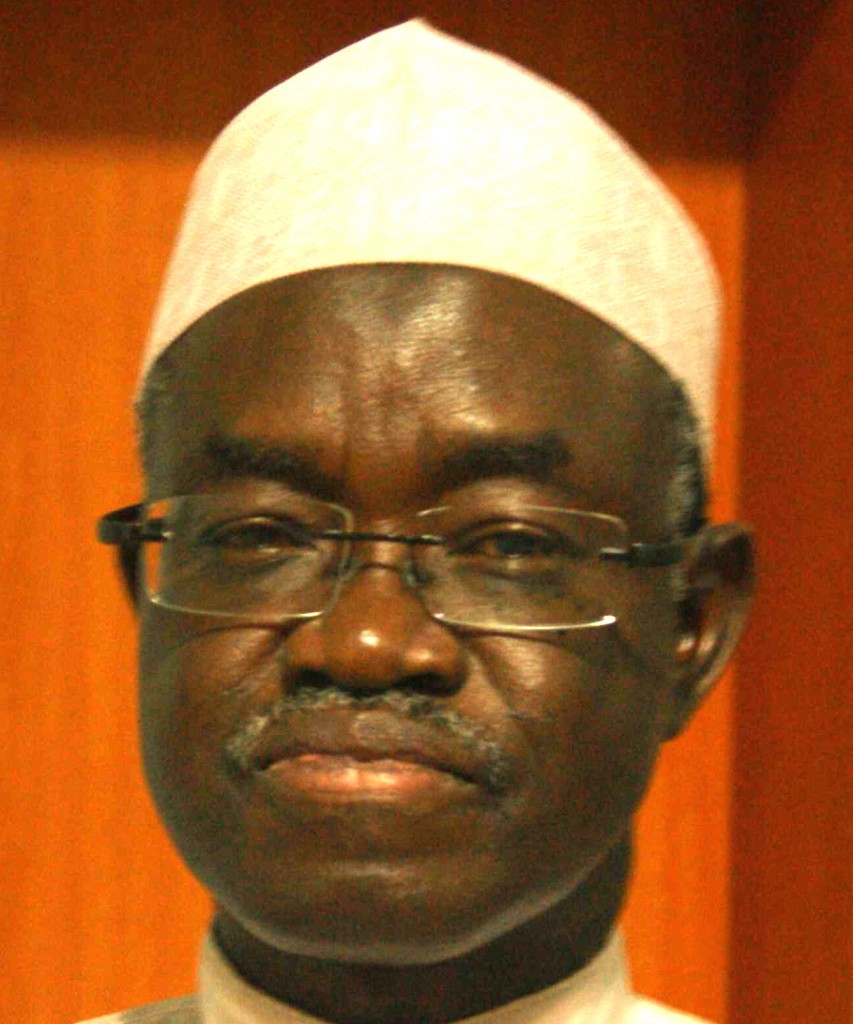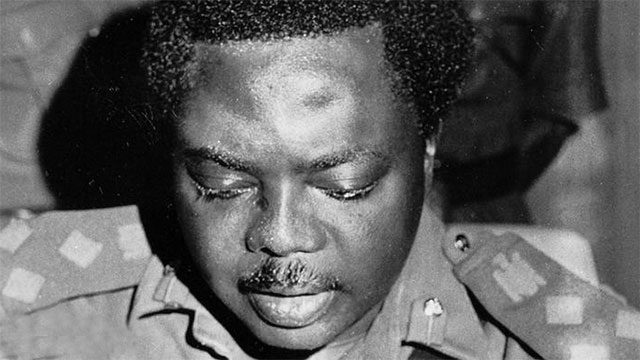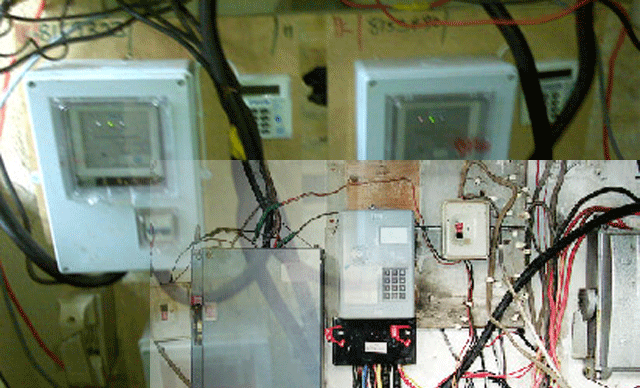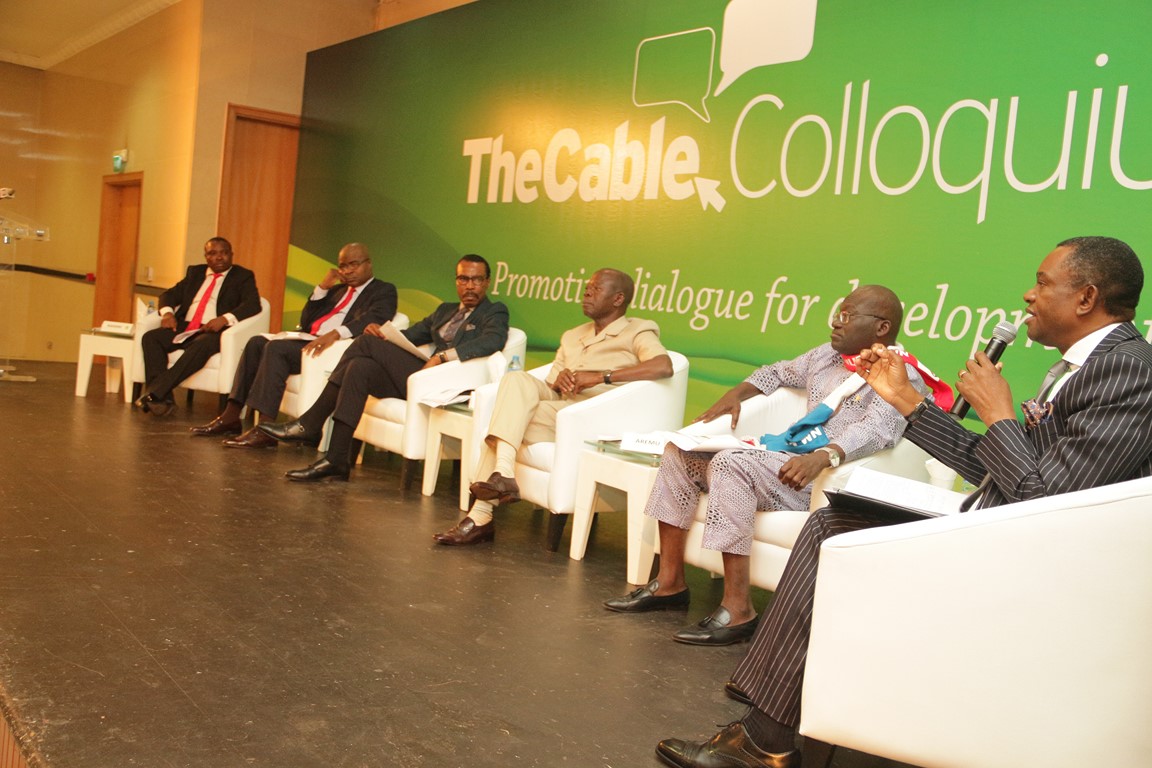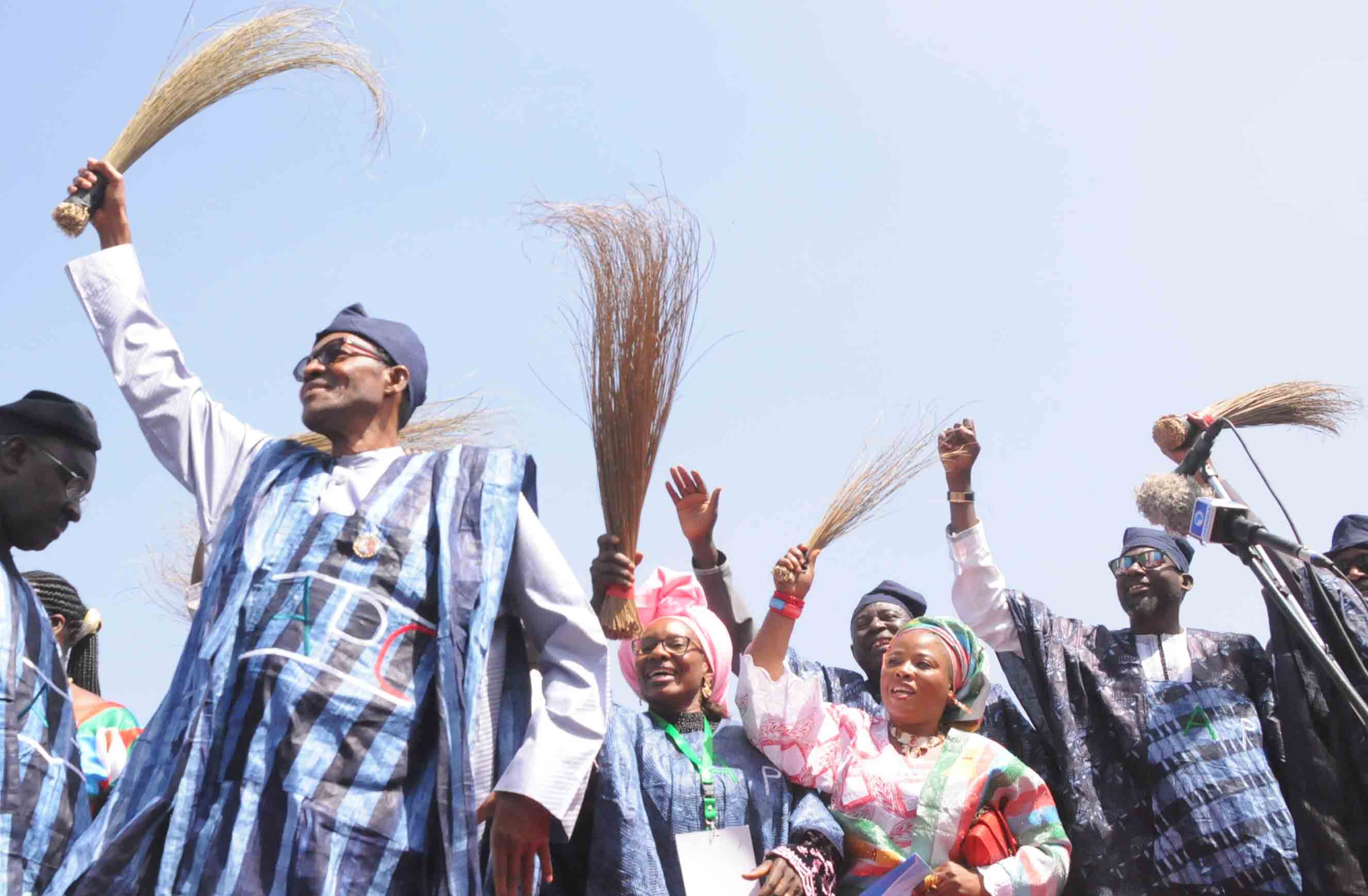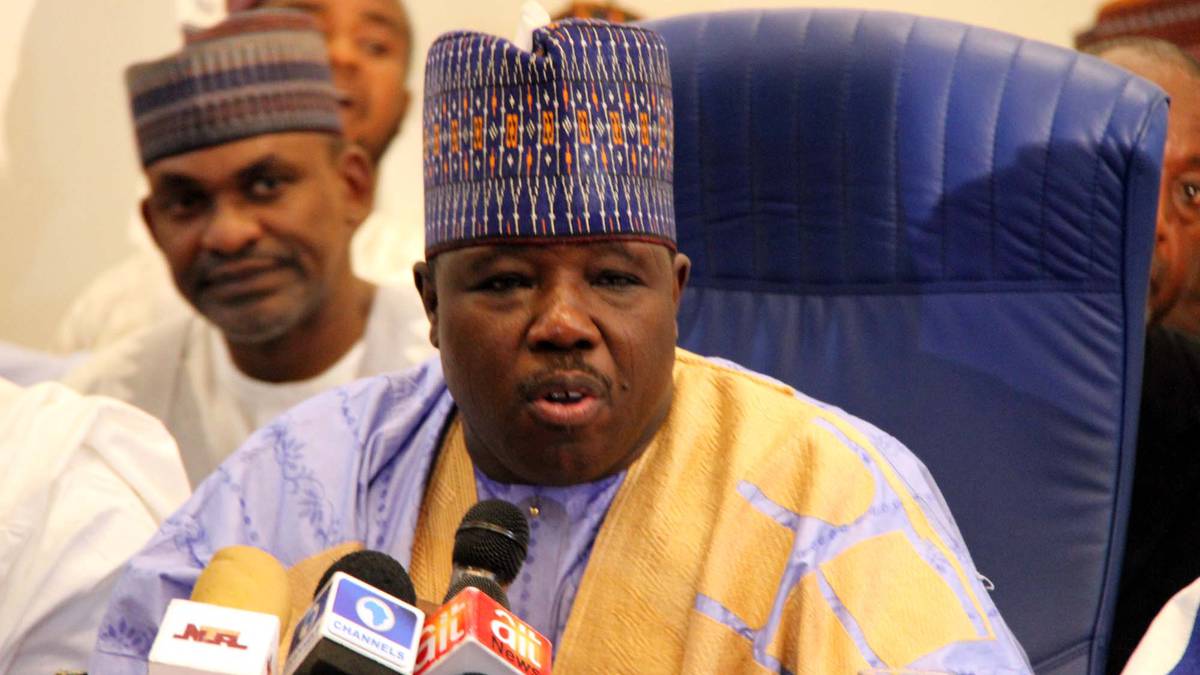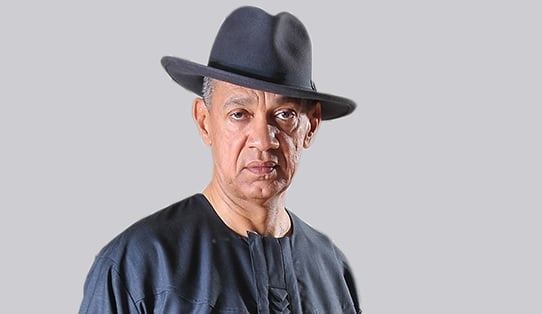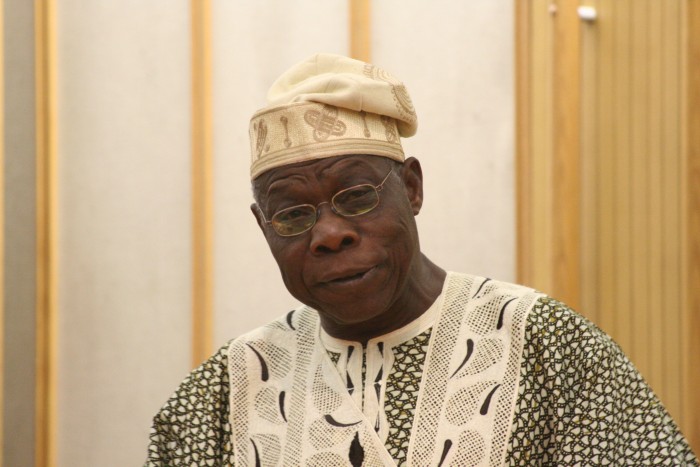The last two months have been a season of memorials for four of Nigeria’s foremost leaders, three of them civilians (Sir Abubakar Tafawa Balewa, our first and only Prime Minister, Sir Ahmadu Bello, the first and only Premier of Northern Nigeria and Chief Samuel Ladoke Akintola, the second Premier of Western Nigeria), and one – General Murtala Ramat Muhammed, in his death, the country’s most lamented leader – obviously a soldier.
The three civilians were murdered in cold blood on January 15, 1966 in the country’s first military coup, the aftermath of which we are still grappling with 50 years on last month. The soldier was also murdered in cold blood at a youthful age of 37 in our fourth, but mercifully unsuccessful, military coup on February 13, 1976.
As is to be expected, the memorials of these great Nigerians have been characterized by recollections of their virtues and achievements. For General Muhammed as the closest Nigerians have had to a universal national hero, the accolades since the weekend have been particularly deafening.
Among other things, he shunned the opulence of office by his “low profile” style, added seven more states by popular demand to the 12 that had been created by his predecessor, General Yakubu Gowon, and moved our political capital from an overstretched Lagos to an expansive Abuja “virgin land.”
Advertisement
Even the naming of the new capital was genius in its simplicity; after a long, but in the end futile, search, Abuja, headquarters of the Niger State emirate from whose land three-quarters of the new capital was curved out, was simply appropriated as the name of our new capital. The name had been a contraction of that of its founding emir, Abubakar Ja (in Hausa, Abubakar the red skinned). The old town was then renamed Suleja, a contraction of Suleimanu Barau, the name of the town’s emir at the time, who, like his great grand father, was also fair-skinned.
As with all creatures human, even superhuman, the general was, however, not without his weaknesses. In one of those paradoxes of life, the same speed for which he was widely praised was also one of those weaknesses; after all, speed, as they say, kills.
In this case perhaps his two greatest less-than-salutary decisions were, first, his mass purge of the civil service which created the insecurity that has since become the bane of our bureaucracy. The second was his appropriation in 1975 of 60% of the shares of the Lagos based Daily Times, the country’s most powerful and profitable newspaper under the great, late Alhaji Babatunde Jose, an appropriation balanced by his complete takeover of New Nigerian, the Kaduna based Northern-states-owned newspaper, then the most literate and influential in the country.
Advertisement
Both decisions were hasty, based as they were on less than satisfactory crosschecking of facts about the individuals and the three institutions affected. Due process was also short circuited in dishing out punishment.
The first decision was the root cause of the rot that has since eaten deep into our civil service such that it has become virtually useless as a vital tool for any meaningful change. The second decision was the beginning of the slow decline and the eventual death of two of the best newspapers in the country, even on the continent.
After the on-going debacle surrounding this year’s budget caused by its obviously malicious padding, allegedly by top civil servants, it should now be obvious to President Muhammadu Buhari that he couldn’t have been more mistaken in his remarks, mid last year, that politicians only made noises while civil servants did all the hard work of policy making and execution.
The lesson here is obvious; he will rely on our civil service with its current content, shape and form to deliver his promised “change” at his own peril.
Advertisement
FEEDBACK
As we embark on yet another constitutional amendment (February 10)
I can’t but agree with you when you said the National Assembly is embarking on “a useless round of constitutional amendment” of our battered constitution. I cannot think of any constitution that has gone through so many attempts or real amendment like our own. Our country is never short of exciting moments and this is one of them. A useless exercise indeed!
Dr. Yahuza,
+2348033111000.
Advertisement
How do you amend a constitution that was not written by the people? What is needed is a sovereign national conference out of which a genuine document can emerge. The National Assembly is wasting its time.
Benson Nnoli
Advertisement
+2348053429696.
In your column today where you said “…sighting corruption and inequity…” did you mean “citing”?
Advertisement
Umar M Chafe,
Sokoto.
Advertisement
+2348036237510.
Yes, I meant “citing”. Sorry, I misspelt the word.
MH
The current regions you referred to as eight are actually six as you rightly indicated.
Prof. Yahaya Shehu,
+2348058540850.
Indeed I did list six but said it was eight. Sorry, it was the printer’s devil at work!
MH.
The NCC/MTN imbroglio/Please stop this nonsense (February 3)
Your piece titled “THE NCC/MTN IMBROGLIO” in today’s column was excellent, but for two important factual, if not legal, errors.
- In the first place, the Registration of Telephone Subscribers Regulations 2011 which you claimed justified NCC’s action against MTN, appears to be ultra vires NCC under Section 27(2) of the Interpretation Act. This statutory provision requires all subsidiary instruments – such as the said Regulations – to be ‘executed’ or signed by at least two members of the body in who’s name/on whose behalf it was purportedly issued. Contrary to this provision of the law, the said Regulations were executed/signed by only the immediate past Executive Vice-Chairman of NCC, Dr. Eugene Juwah.
- The other error, in my view, lies in the basis of assessment of the fine. NCC based it on the sum of N200,000 per subscriber, as provided by the Regulations. I believe that the correct basis ought to be N100 per subscriber as provided for by Section 12 of the Interpretation Act. This particular point is, however, sub-judice before the Federal High Court, Abuja, so it will be inappropriate for me to say more on it.
Barrister Abubakar Sani.
+2348034533892.
I was surprised you kept “hitting the load, leaving the donkey”, (as the Hausas would say). IF there is anyone or anything to attack or criticize in the saga it’s the law which prescribed the apparent high figure of US$1,000/SIM penalty. MTN deserves to be punished for carelessness and impunity.
Kassim Musa Bichi.
+2348033173818
I totally agree with you on the need to stop political opportunism of the sponsors of “#IstandwithBuhari”. I have counted up to five large billboards across Abuja city by this anonymous group each of which often takes above N5million to put up. More often than not, the funding for such political advertorial is usually traced to public pulse.
Jimoh Salman,
Kuje, Abuja.
+2348094609566.
The Buhari Nigerians voted for will never approve that nine-million-man march, and should those billboards still stand on his return (from his foreign trip) then we will understand that what happened on May 29 was a mere change of guard.
+2348033830914.
We stand with Buhari, billboards and all. It’s not a repeat of history; it’s a new beginning. We will not allow anyone, I repeat, anyone, to truncate our rendezvous with destiny.
Manjadda,
Sokoto,
+2348055288889.
The arms scandal and NPAN’s moral predicament (January 27)
The arms deal scandal and the mudslinging it engendered speaks volumes about most Nigerians that are so vocal about our ill-structured Nigeria and the cluelessness of other people in power other than their own.
Yet away from prying eyes they collect food from the soiled fingers of the same people they vilify. As we say in Igala, if the meat of a vulture is not fit for human consumption its feathers should be less fit to decorate the cap.
Ogacheko Opaluwa
Abuja.
+2348067090900.
A lesson for both NPAN and the Daily Trust was to have taken a cue from and heeded the fish’s admonishment to its offsprings, to “beware of the food that comes looking for you instead of the other way round.” This is more so because at the material time it was rightly being speculated that the war against the insurgency was unnecessarily being dragged because some people were benefiting from the slow pace of the war. It has now come to pass.
Barr. Umar Mohammed Gummi.
08060322272
Sokoto.
On a final note
Since the well publicized first formal presentation of a new multi-media magazine, SI (Search Inside) Magazine, on Monday, chaired by the Honourable Minister of Information and Culture, Alhaji Lai Mohammed, at my invitation, I have received phone calls and texts congratulating me for founding another magazine.
For the records, I am only a nominal chairman of the board of the magazine’s company, with absolutely no shares in it. At over 64 and since the collapse of my own Citizen in 1994 after all of only four years, I no longer have the energy, resources or disposition to actively go into any newspaper publishing.
The founding publisher and Editor-in-Chief of SI Magazine is the highly talented, entrepreneurial and hard working Khadija Abdullahi Iya, a lawyer and younger sister of my childhood friend, AVM MM Audu-Bida, Rtd., and wife of Alhaji Haruna Abdullahi, Iya Nupe, a retired Central banker.
Views expressed by contributors are strictly personal and not of TheCable.
